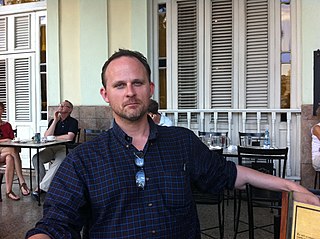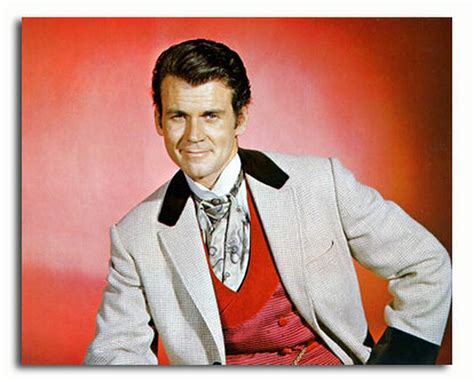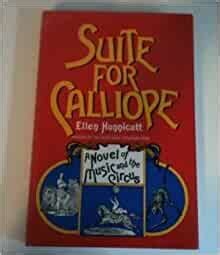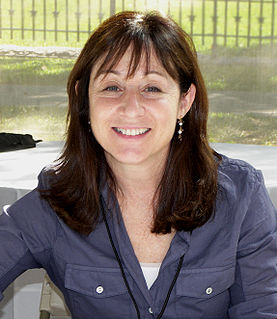A Quote by Edward Hirsch
So, the process of revision, it's not systematic. But for me, I mean, I know a lot of poets who write out a draft and then revise it and I think they're happier people. But, I'm just not able to do it that way. I need to just continually examine it as I do it.
Related Quotes
Poets are immersed in process, and I mean process not as an amorphous blur but as a discipline. The hard work of writing has taught me that in matters of the heart, such as writing, or faith, there is no right or wrong way to do it, but only the way of your life. Just paying attention will teach you what bears fruit and what doesn't. But it will be necessary to revise--to doodle, scratch out, erase, even make a mess of things--in order to make it come out right.
It can take years. With the first draft, I just write everything. With the second draft, it becomes so depressing for me, because I realize that I was fooled into thinking I'd written the story. I hadn't-I had just typed for a long time. So then I have to carve out a story from the 25 or so pages. It's in there somewhere-but I have to find it. I'll then write a third, fourth, and fifth draft, and so on.
I felt like if I could get the epiphany out of the way in my drafting process, through my eighth or tenth draft, then that can just be part of how I've assembled the character, and then we can move on and move forward with it. In general, I don't ever want to feel smarter than my characters, because I just feel like that's not a great way to write a story.
The longer I write, the more important I believe it is to write the first draft as fast as possible. In drafting, I push myself so I am at the edge of discomfort...Later, it will be time for consideration and reconsideration, slow, careful revision and editing. But on the first draft I have to achieve velocity, just as you do if you want the bike to balance.
Writing 'Men We Reaped' broke me in different ways at different spots in the drafting process. The first draft was hard because I was just getting it out. In some ways, that draft failed. I was really just telling the story, not making assessments - this happened, then this. Just putting those facts down on paper was really painful.
Everything that I think that I need to do, is all in order to propel me to some place, that when I get there I think I will be happier. So, everything that I am doing, no matter what it is, all of my lists of rights and wrongs, are all about me getting to a manifestation, that I believe I will then be happier... So why don't I just take the short cut and just be happy?
I write poetry to figure things out. It's what I use as a navigating tool in my life, so when there's something that I just can't understand, I have to "poem" my way through it. For that reason I write a lot about family, because my family confuses me and I'm always trying to figure them out. I write a lot about love, because love is continually confusing in all of its many glorious aspects.




































